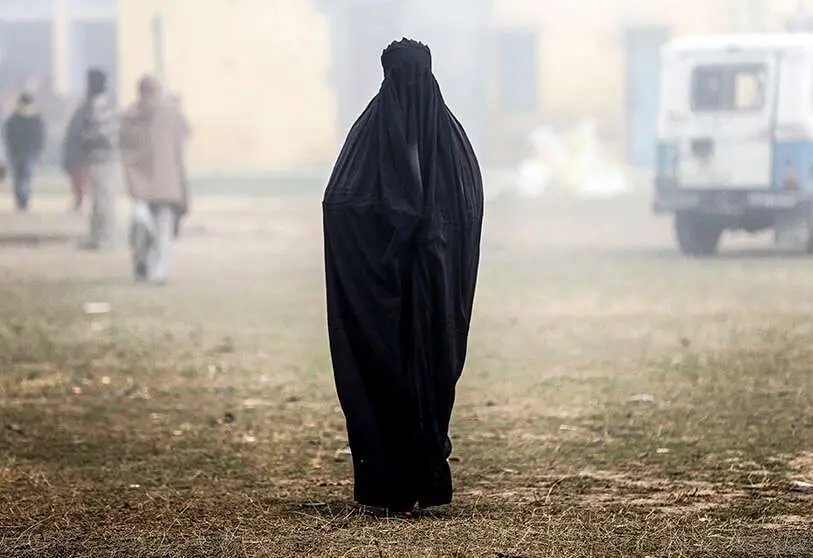Taliban deprive Afghan women of livelihoods, HRW says

The Taliban deprived Afghan women and girls of the right to health and education, as well as the ability to work and contribute to the household economy after taking power in Afghanistan in mid-August, Human Rights Watch (HRW) said Tuesday.
"The Taliban have imposed rights-violating policies that have created enormous barriers to health and education for women and girls, restricted freedom of movement, expression, and association, and deprived many of income from work," HRW said in a joint statement with the San Jose State University (SJSU) Human Rights Institute.

The humanitarian crisis in the country has led to large parts of the population lacking access to food, water, shelter and medical care, after the Islamists' rise to power led to the suspension of international funding, price hikes, a liquidity crisis and cash shortages.
"Afghan women and girls face both a collapse of their rights and dreams and risks to their basic survival," said Halima Kazem-Stojanovic, senior researcher on Afghanistan at SJSU's Human Rights Institute.
She added that women "are caught between the abuses of the Taliban and the actions of the international community, which push Afghan women further and further into despair".

A dozen women from the southern province of Ghazni told both institutions that they are unable to cope with rising prices for basic foodstuffs, transport and school books, as most lost their main source of income after the Islamists restricted women's access to work.
"Only those who worked in primary education or health care are still able to work, and most of them did not receive their salaries due to the financial crisis," the statement said.
The Taliban's rise to power meant that Afghan female students' access to secondary and higher education was restricted, their curricula were changed to conform to Islamic rules and there was a greater focus on religion.

"They dictate what women should wear, how they should travel, job segregation by sex and even what kind of phones women should have. They enforce these rules through intimidation and inspections," the human rights organisation denounced.
"The future looks dark (...) I had many dreams, I wanted to continue studying and working. I was thinking of doing my master's degree. At the moment, (the Taliban) don't even allow girls to finish high school," a woman who worked for the deposed Afghan government told HRW.
The women also stressed that with the demise of the national security force and the Ministry of Women's Affairs, they now live more insecure lives, and some even experience "fear, anxiety, hopelessness, insomnia and a deep sense of loss and helplessness," they said.
"The Taliban's policies have quickly turned many women and girls into virtual prisoners in their homes, depriving the country of one of its most precious resources, the skills and talents of the female half of the population," concluded HRW's women's rights director Heather Barr.










